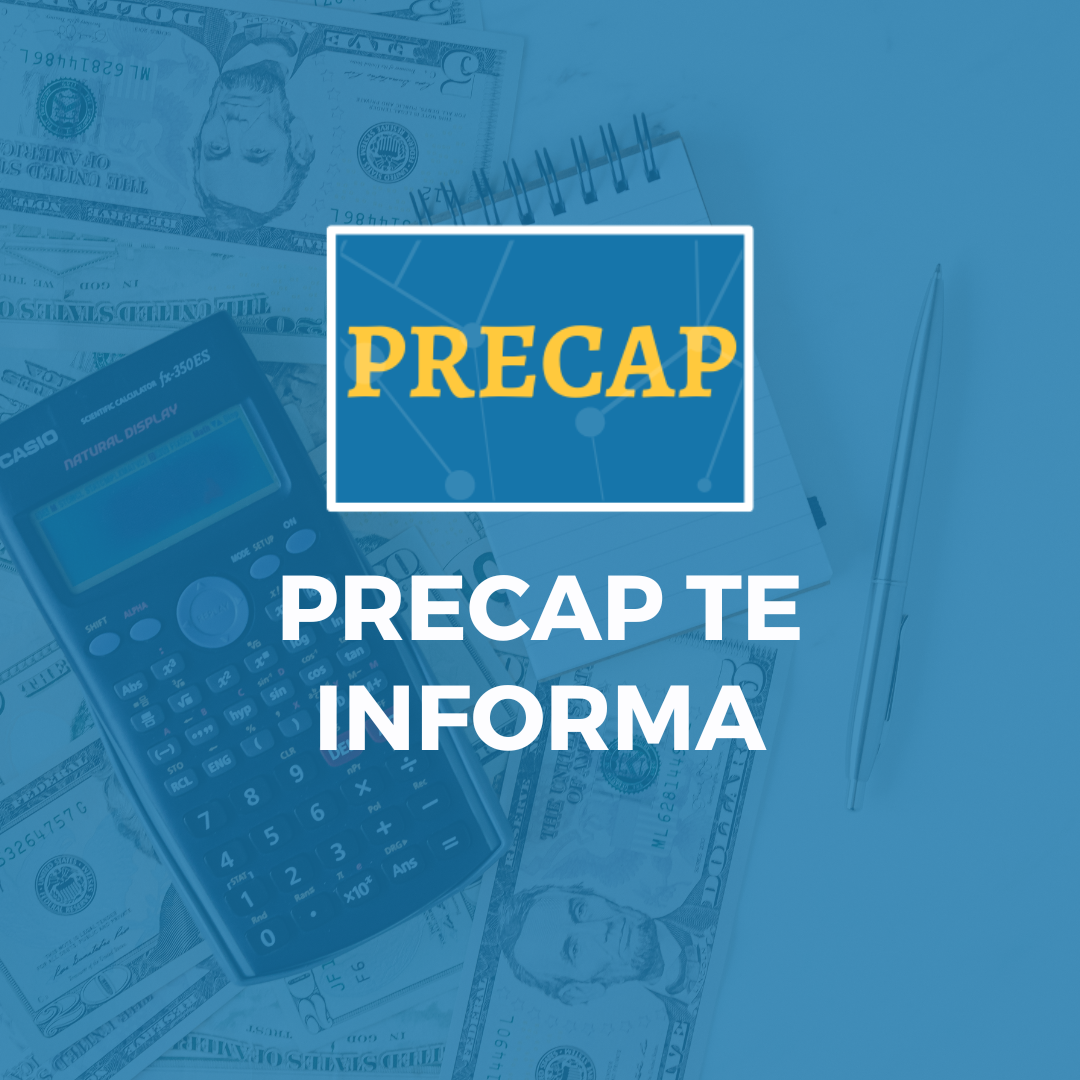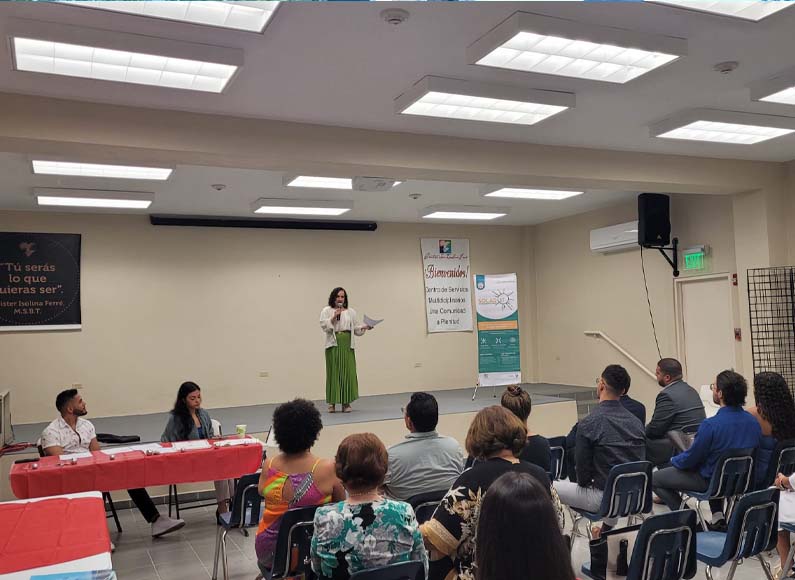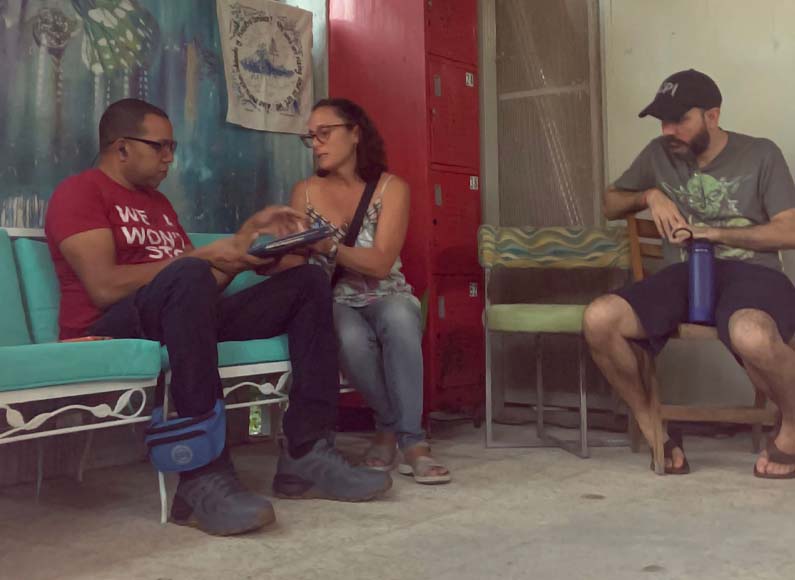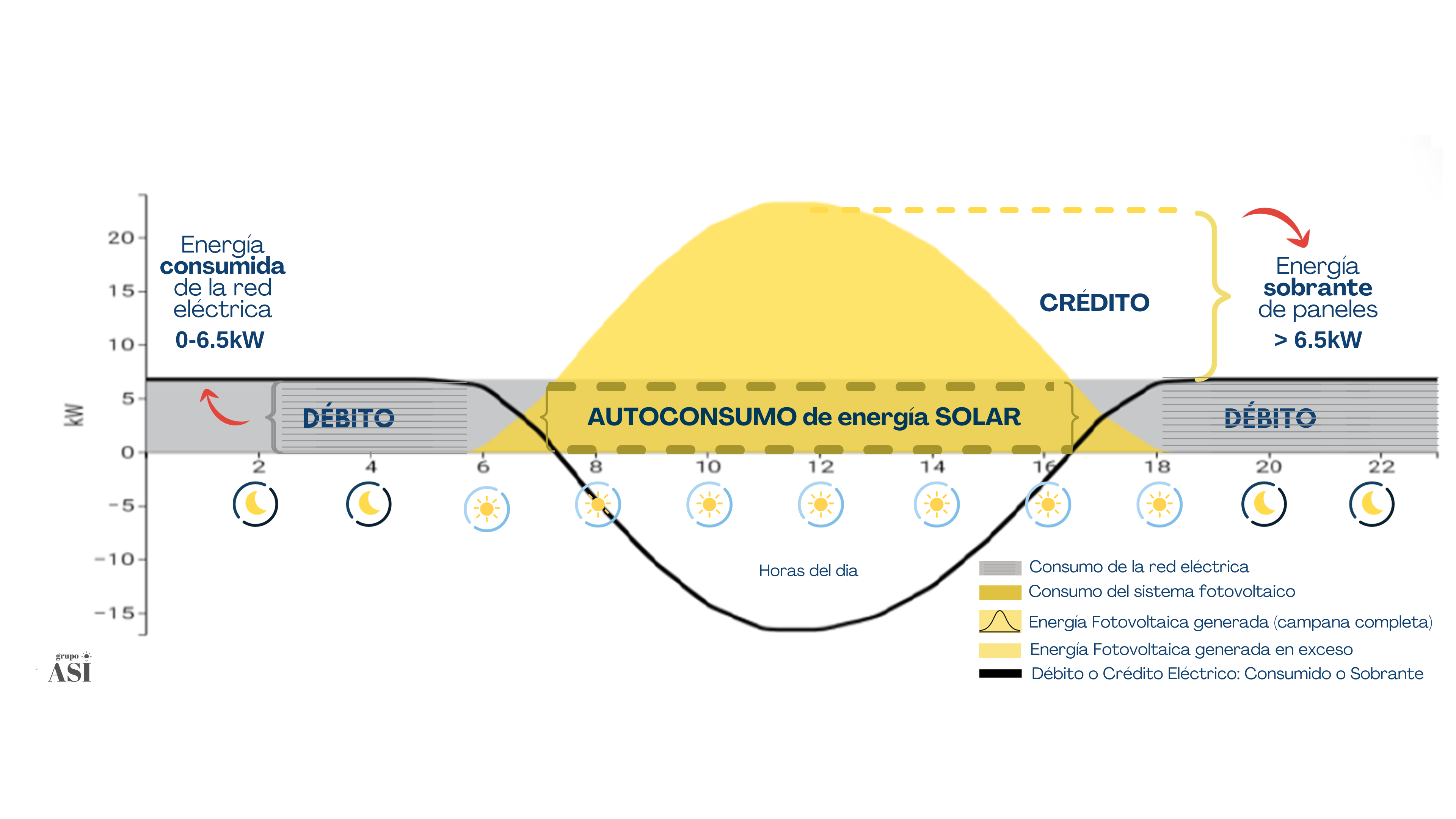In global efforts to highlight the importance of renewable energy and energy efficiency, small rural businesses often face challenges in implementing sustainable technologies due to financial constraints. However, the United States Department of Agriculture (USDA) has established the Rural Energy for America Program (REAP) to support these businesses and help them benefit from clean energies. In this article, we will explore how to apply for grants/loans and how small rural businesses can leverage this program to enhance their sustainability and efficiency.
What is the Rural Energy for America Program?
The Rural Energy for America Program (REAP), administered by the USDA, aims to provide financial support to rural communities and small businesses for the implementation of renewable energy systems and energy efficiency improvements. Through its grants and guaranteed loans, the program seeks to reduce energy costs, increase efficiency, and promote sustainable economic development in rural areas of the United States.
Eligibility
The REAP program is open to small agricultural and non-agricultural businesses located in rural areas. Businesses must meet certain criteria to be eligible, such as having an annual revenue below a specified limit and not exceeding a specific size based on their industry. Additionally, they must propose projects that use renewable energy technologies or energy efficiency improvements.
Grants and Loans
The program offers both grants and loans to help businesses finance renewable energy and energy efficiency projects. Grants are available to cover up to 50% of the total project costs, while loans can cover up to 75% of the costs. The combined funding of grants and guaranteed loans can cover up to 75% of the total eligible project costs. These funds can be used for the installation of solar panels, wind turbines, energy-efficient equipment, geothermal heating and cooling systems, among others.
The amount of money available varies depending on the project and the program’s budget availability in a given year. It is important to note that grants generally cover a portion of eligible costs, while guaranteed loans provide an additional source of financing through financial institutions associated with the program. If the applicant only applies for a grant, evidence of matching funds must be provided.
Benefits for Small Rural Businesses:
- Cost Reduction: By using renewable energy sources and improving energy efficiency, small businesses can significantly reduce their long-term operating costs. Lower energy bills mean higher profit margins and greater ability to reinvest in business growth and expansion.
- Brand Image Improvement: Increasingly, consumers value and prefer doing business with sustainable and socially responsible companies. Implementing clean energy practices can enhance the brand image and attract environmentally conscious customers.
- Business Growth Stimulus: Access to financing and technical assistance through REAP can stimulate business growth in rural areas. Small businesses can leverage grants and loans to implement renewable energy and energy efficiency projects, which, in turn, can increase their production capacity, generate local employment, and improve competitiveness in the market.
- Compliance with Regulations and Requirements: Some jurisdictions and industrial sectors are establishing stricter regulations regarding energy efficiency and the use of renewable energy. By applying for improvements in these areas, small businesses can ensure compliance with legal requirements and avoid future penalties or fines.
- Strengthening Rural Communities: REAP promotes economic development in rural communities by encouraging the adoption of renewable energies and improving energy efficiency. This benefits not only small businesses but also has a positive impact on the quality of life for local residents. Job creation, skill development, and attracting investments are some of the positive effects that can strengthen rural communities overall.
In addition to financial assistance, the REAP program offers technical assistance resources to help businesses plan, develop, and successfully implement renewable energy and energy efficiency projects. These resources include energy assessments, cost-benefit analyses, feasibility studies, and guidance on suitable technologies for each business.
The USDA’s Rural Energy for America Program provides an invaluable opportunity for small rural businesses to implement renewable energy technologies and improve their energy efficiency. By leveraging available grants and loans, these businesses can reduce energy costs, enhance sustainability, and contribute to environmental protection. For more information, it is recommended to contact the USDA office in your region.




